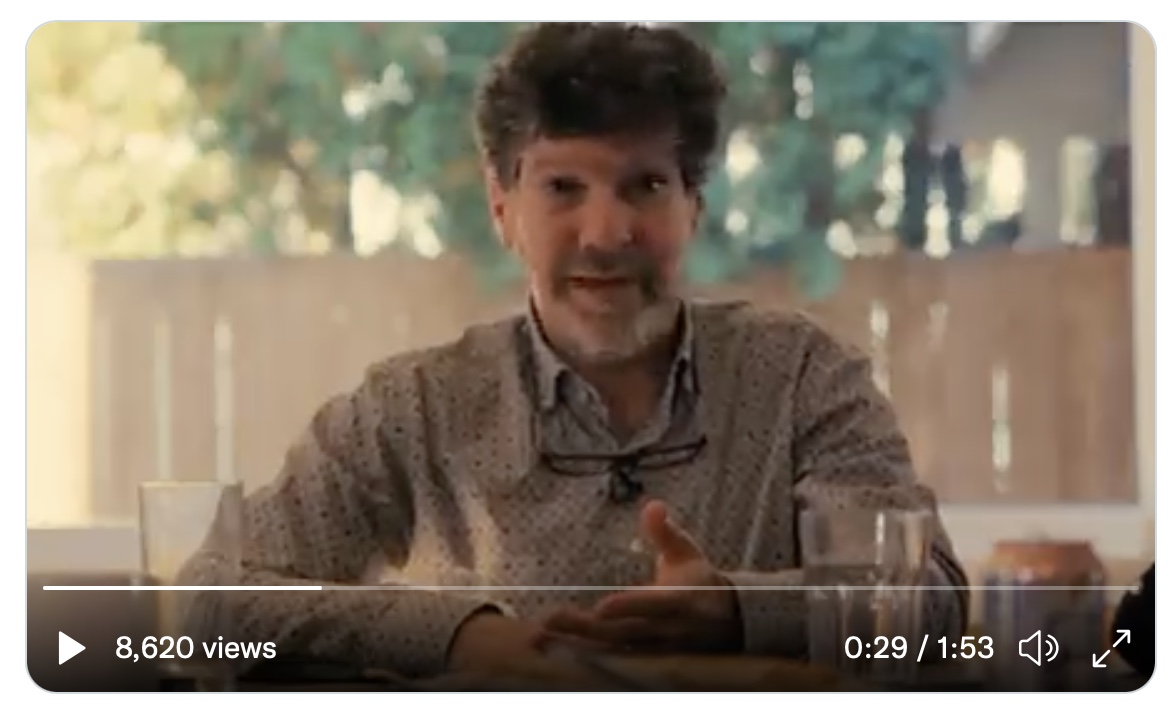Obesity: One of the Many Problems We Refuse to Discuss that is Killing Many of Us.
I'm convinced that misguided empathy running amok is preventing us from dealing with many serious issues, even issues that are killing us. Here's an example: The problem with obesity.
Fifteen years ago, there was a lot of talk about the obesity epidemic. In 2008, Michelle Obama started a government program called “Let’s Move!” that sought to reduce childhood obesity. You might remember the First Lady teaming up with everyone from Beyonce to Big Bird to promote exercise and better eating habits. Unfortunately, the program was largely a failure. And the obesity statistics continued to rise.74% of Americans today are either obese or overweight. And yet, we’re no longer talking about it. The national conversation around health and weight has turned away from things like good nutrition, weight loss and the importance of physical fitness, and instead adopted phrases like “fat acceptance” and “healthy at any size.” In some circles, there’s even blanket denial that there is anything unhealthy at all about being obese.
Shaming people for being overweight is unequivocally wrong. But in our attempt to not offend, we’ve lost sight of the very real fact that there’s a problem. Americans are heavier than ever, sicker than ever, dying earlier than ever, and it’s all preventable. So today, a conversation with Dr. Casey Means, a Stanford trained physician who left the traditional medical system behind to solve the one problem that she says is going to ruin us all: bad food.
This entire podcast episode hosted by Bari Weiss is riveting, filled with shocking statistics and demoralizing because this is a problem we can solve but won't.


